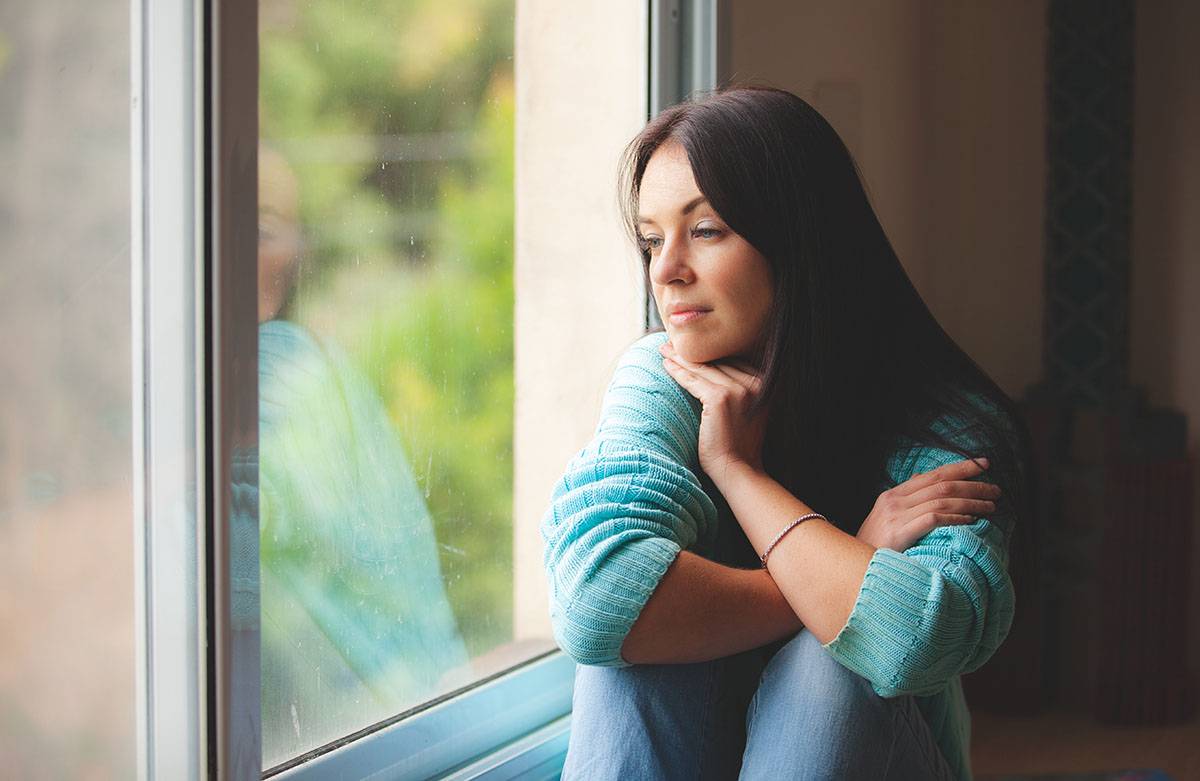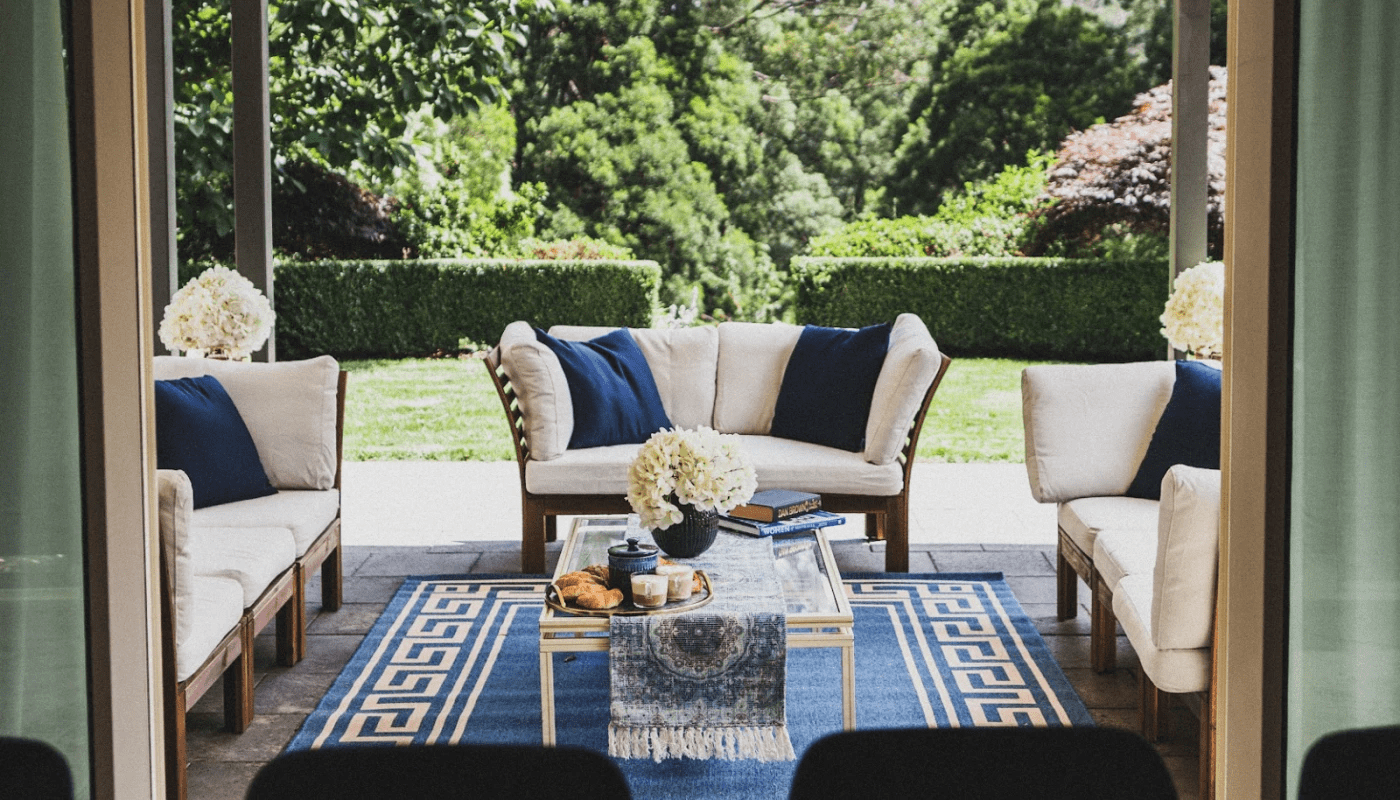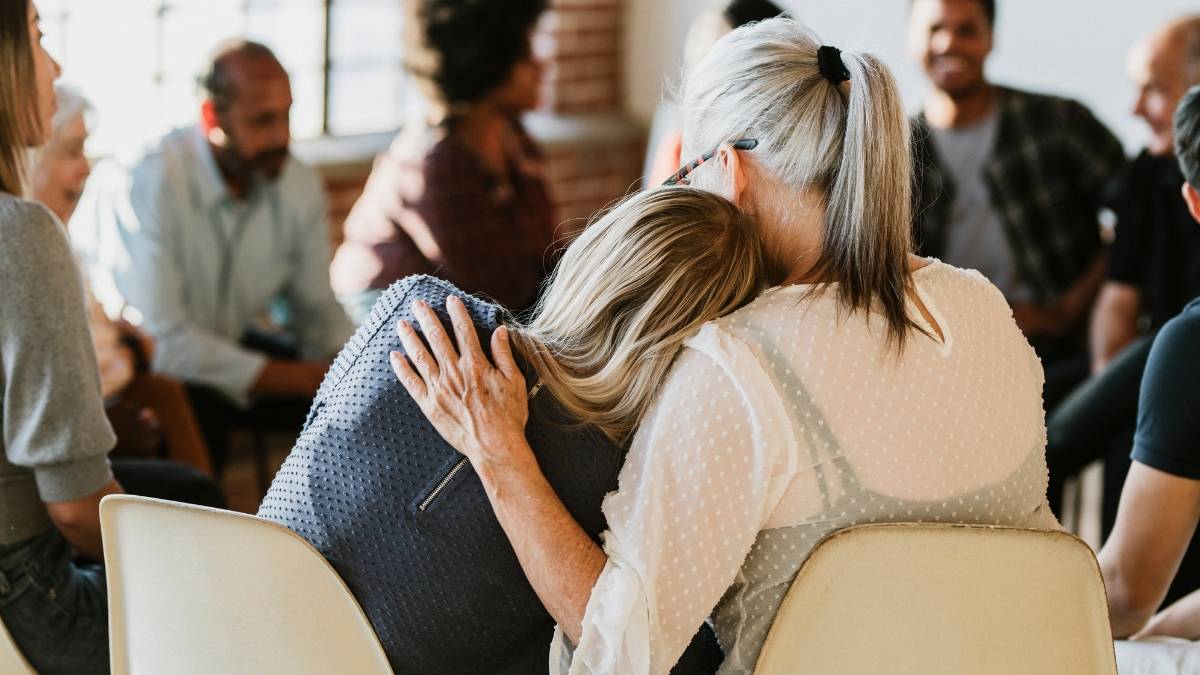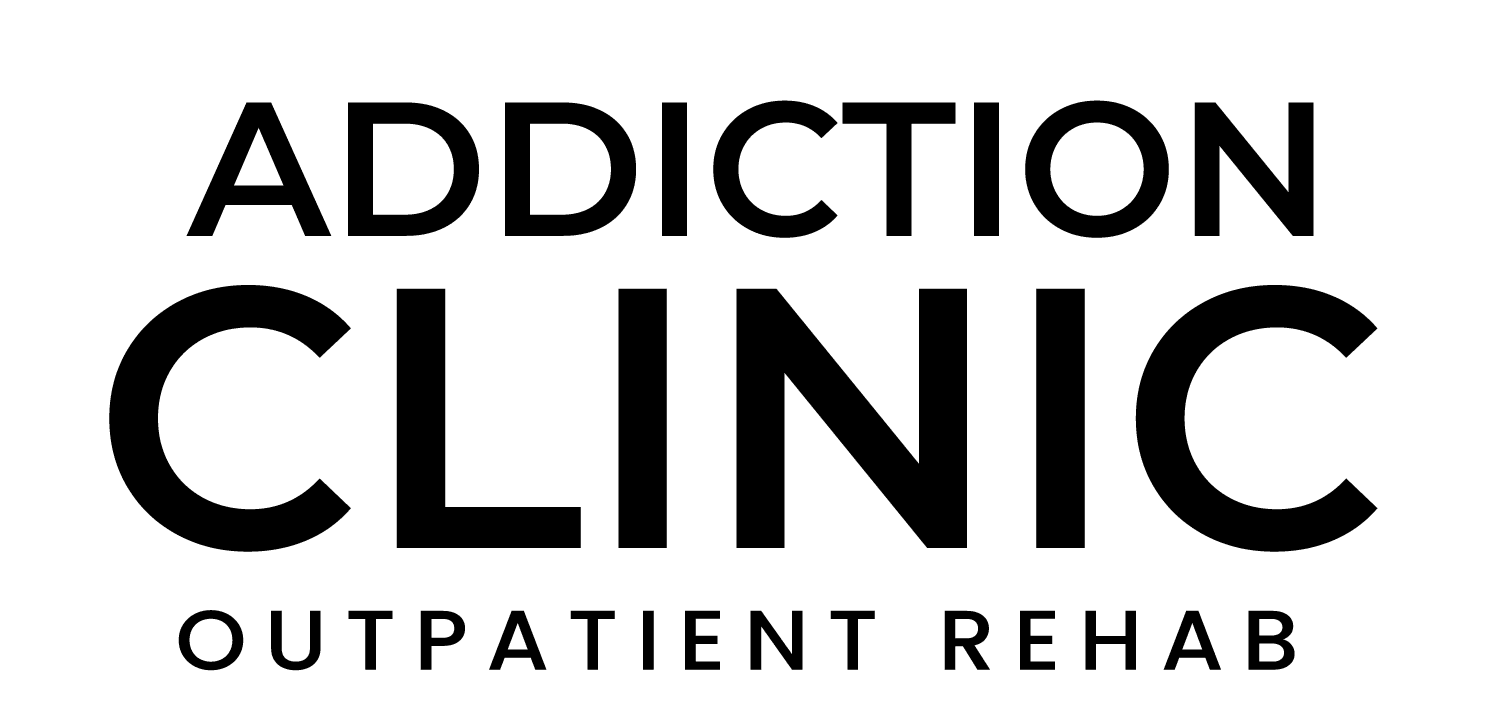
Rehabs in New Zealand and what you need to know?
This blog is our firsthand experience dealing with Rehabs in New Zealand.
I guess the first question you need to ask is, do you need to go to a live-in rehab? or an outpatient program.
Both have pros and cons.
The great thing about a live-in rehab is that you don’t have the risk of outside influences, such as friends and family who may have drinking problems.
The downside is that you will be out of action for a few weeks and some people simply do not have that option.
If that is the case, you are better off doing an outpatient program.
The addiction clinic runs a four-week program that can be done while you are working, raising children or studying.
If you can have a few weeks off work and away from family, then the live in rehab is a great option for you. Let’s find out more about NZ Rehabs.

The History of Rehabs in New Zealand...
As a rule, we have two very different options in New Zealand regarding Alcohol Rehabs and treatment centres.
We have the traditional rehabs like the Salvation Army Bridge program.
The Salvation Army opened its first rehabilitation facility in 1907 on Rotoroa Island, New Zealand, as an “inebriates’ retreat”.
This facility was established at the request of the New Zealand government at the time, which had passed the Habitual Drunkards Act, and marked the beginning of the Salvation Army’s formal involvement in addiction treatment in New Zealand.
The Salvation Army has been in the addiction treatment space since 1865.
In the early days, the Salvation Army had a wagon that would pick up alcoholics in the community and take them to a local treatment centre run by the local Salvation Army church.
Hence, the saying ” Fallen off the wagon” means the person is not going to treatment.
The same wagon would carry the brass band, and move around town playing music – people would jump on the wagon and ride with the Salvation Army – hence ” everyone’s on the band wagon”

The Different Types of Rehabs in New Zealand...
As talked about in the last section, we have rehabs like the Salvation Army and other rehabs that are similar to the Salvation Army, which are government-funded.
There is no cost to attend these rehabs, and as a rule, they run for 6 weeks.
The free rehabs are just as good as the paid rehabs in New Zealand.
Your GP will have an updated list of reputable rehabs with a proven track record over a long period of time.
You also have private rehabs in New Zealand.
Many of these are based on the 12-step program.
The 12-step program is based on a book; the 12 steps are a set of guiding principles that may help some people during addiction treatment and recovery.
They have meetings in most areas of New Zealand – it’s free to go along and have a look and see if this is a program you want to pursue.
Choosing a Rehab?
You need to be careful when choosing a Rehab.
Your Doctor will have a list of the reputable rehabs.
Over the years, we have seen different rehabs pop up that are nothing more than a money-making exercise.
They are often run and managed by unqualified people.
It would pay to ask the rehab owner and management team about their formal qualifications in the area of running rehabs.
If they advertise words like ” 12 Steps,” you need to find out what else they offer other than a 12-step program.
If you do not believe in a higher power and a group therapy setting, the program will hold no real value to you.

A normal day in a New Zealand Rehab?
Prepare to meet some great people! people just like you. You will have your own room, which is similar to a single room in a typical New Zealand Motel.
You’re normal wake-up time is just before 8 am, and you make your way to the shared kitchen and have your first meal of the day.
You will normally eat with other people in the rehab ( a dozen or so in most rehabs)
Then you start the day!
Most days will run to a program and will have different groups throughout the day – some you must attend and others are optional.
These groups may discuss relapse prevention in a talk therapy setting.
Another group may focus on your underlying reasons for drinking.
Every day is different with different recovery groups – keep in mind, most rehabs in New Zealand do not start and stop.
People are starting and finishing all the time.
You will also have one-on-one time with a trained counselor or therapist.
You will also have day trips – this is called sober sampling.
You will all head out in a van and visit different places.
The day tends to end with a movie in the lounge room.
Rehab is a lot of fun as well as a place to grow and heal.
